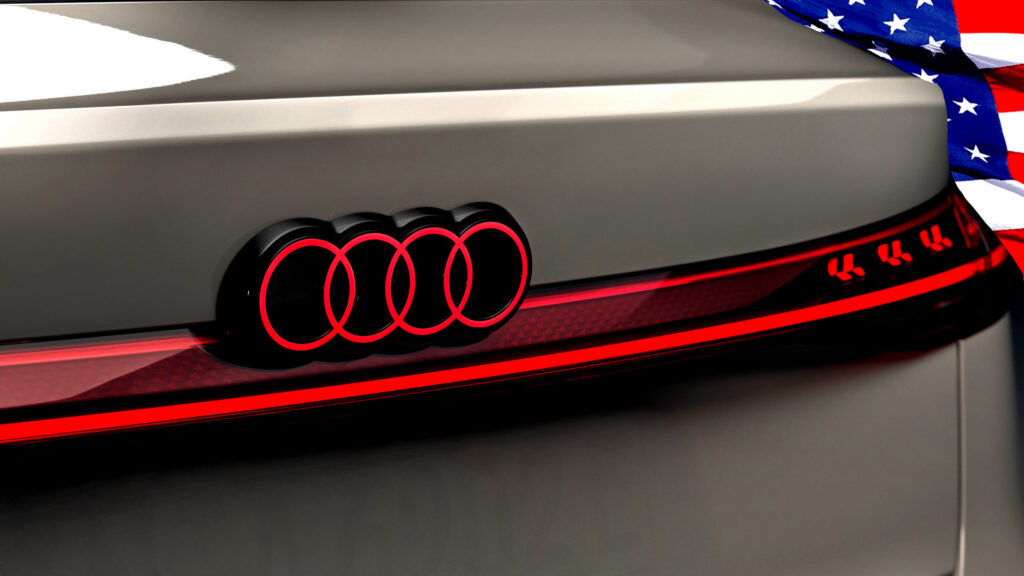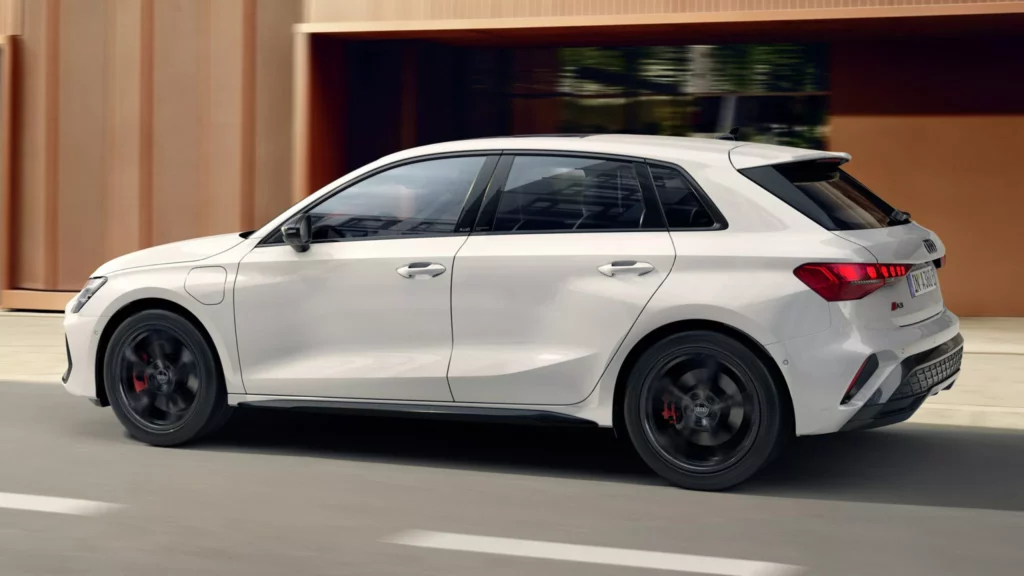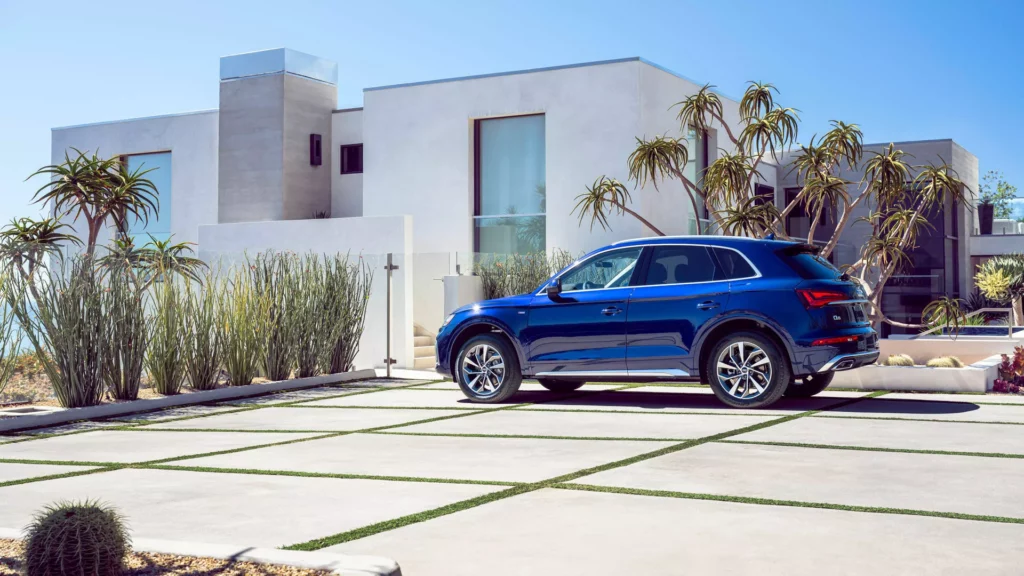Tariffs and Audi’s American Plans

There’s been a lot of chatter regarding tariffs in recent years, especially how they affect the automotive industry. President Trump’s tariffs were designed to encourage companies, including automakers, to produce their goods in the United States instead of importing them at increased costs. This initiative seems to have caught the attention of Audi, currently a significant importer of vehicles into the USA.
Plans in Motion

The Volkswagen Group, which includes Audi, is negotiating with American officials about potentially setting up an Audi manufacturing facility in the U.S. Audi’s CEO, Oliver Blume, mentioned that they are actively engaging in discussions with the U.S. government to explore this possibility. The goal here appears to be avoiding the hefty tariffs that would make Audi vehicles less competitively priced in the American market.
Current Status

Audi’s reliance on imports, specifically from Europe and Mexico, means that tariff increases significantly impact them. The Q5, Audi’s best-seller, is currently built in Mexico, which exposes it to the strain of new tariffs. The idea of a local factory makes sense as Audi aims to cement its position in the U.S. market. As things stand, they’re holding off on shipping some models until these economic components are sorted.
Driving Experience
When it comes to driving an Audi, the performance ethos boils down to something truly special. Take the Q5, for instance. It’s not just about the power under the hood, which comes in at around 248 horsepower with the optional turbo engine, but also the seamless all-wheel drive that gives it a grip akin to a mountain goat on a slope. Compared to American SUVs, the Q5 often feels more refined, offering a smoother and quieter drive, which is a signature of European engineering.
Other Brands
While Audi is exploring American manufacturing, another Volkswagen Group brand, Porsche, has opted for a different strategy. Given their distinctive market position as a luxury brand, Porsche can slightly absorb the tariffs due to their higher profit margins and wealthier clientele who are less price-sensitive.
Conclusion
If Audi proceeds to build in the U.S., it won’t be an overnight transformation. Constructing a facility is a complex and time-consuming process with many moving parts, from logistics to labor. Yet, with these negotiations underway, there’s a tangible shift aimed at boosting American manufacturing, aligning with the government’s broader economic goals.
Cybertrucks on Fire
Rare 1985 Fiero Found
Leapmotor's New EV
Genesis Unveils Future
BYD's Mythic EVs